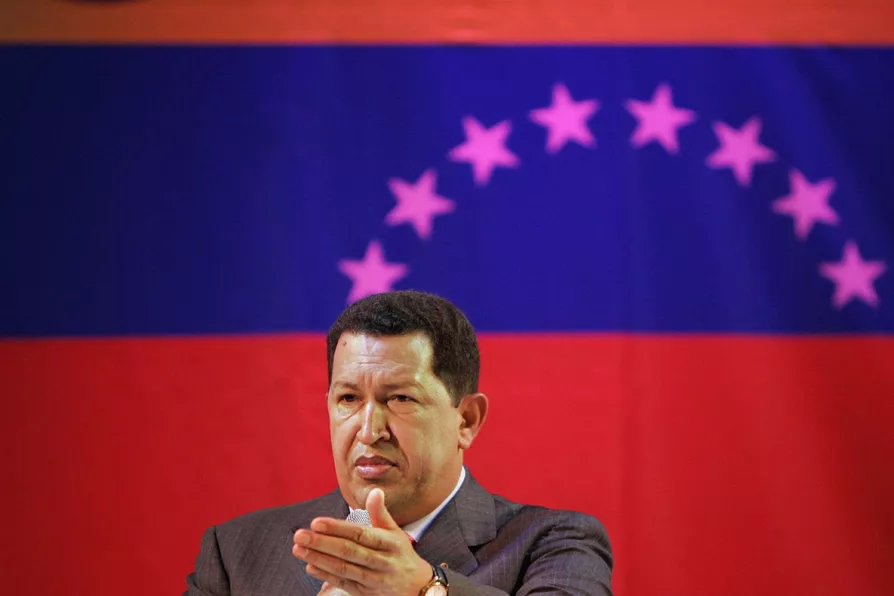In reopening relations with China, the PM showed an uncharacteristic grasp of power, proportion and Britain’s diminished place in the world – a lesson many in Westminster still refuse to learn, says ANDREW MURRAY

 President of Venezuela Hugo Chavez addresses crowds of supporters at the Camden Centre, London, May 14, 2006
President of Venezuela Hugo Chavez addresses crowds of supporters at the Camden Centre, London, May 14, 2006
ON February 3, exactly 25 years ago, Hugo Chavez Frias was inaugurated as president of the then Republic of Venezuela. Under his political leadership it would, in less than a year, become the Bolivarian Republic of Venezuela, unleashing a process of radical transformation that would not only transform his country but that would catapult him and his nation into the vanguard of the struggle against neoliberalism.
In fact, the 1999 Bolivarian constitution of Venezuela was the first anti-neoliberal constitution of the whole continent after a brutal three decades of savage capitalism imposed under the dominant Washington consensus that followed the US-led military coup which ousted democratically elected president Salvador Allende in 1973.
The appeal of Chavez’s Bolivarian revolution was so strong that other countries, in their own nationally specific ways, in what is known as the “pink tide,” followed suit by adopting similar policies to address the inequities created by capitalism in their own states.

International solidarity can ensure that Trump and his machine cannot prevail without a level of political and economic cost that he will not want to pay, argues CLAUDIA WEBBE

Far-right forces are rising across Latin America and the Caribbean, armed with a common agenda of anti-communism, the culture war, and neoliberal economics, writes VIJAY PRASHAD

US baseless accusations of drug trafficking and the outrageous putting of a bounty on a president of a sovereign country do not bode well, reports PABLO MERIGUET











